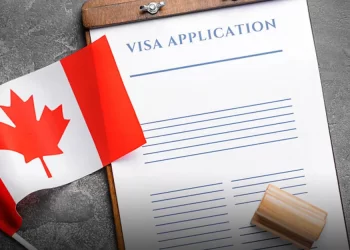British passports
Pregnant women who travel to the United Kingdom to have their babies for the primary purpose of securing automatic British citizenship for them may be in for a surprise, as the authorities have concluded that 500,000 children born or raised in the UK will henceforth battle to get passports after Brexit.
Those affected will no longer gain automatic citizenship after Brexit, reports say.
Previously, people born in the UK after 1983 could become British citizens automatically if one parent was British or “settled” — meaning they had lived in the UK for five years prior to their child’s birth.
But, according to an upcoming documentary, thousands of these children who applied for citizenship are now being forced to wait to see if they will be awarded it.
The development has brought to the fore the complex process of becoming a citizen, with a focus on the ongoing uncertainty over the future of EU nationals in the UK.
As things stand now, in some families, some children have British passports, while others in the same family do not.
Since the 2016 EU referendum, Theresa May has declined to guarantee the rights of the approximately three million EU nationals in Britain, Yahoo News says.
Her offer to the bloc after Brexit negotiations opened was described as “vague.”
Former Chancellor George Osborne recently revealed that immediately after the referendum, there was a proposal to reassure EU citizens that they would be allowed to stay in Britain after Brexit.
Ms May was reportedly the only member of the Cabinet to block this – a move she has since denied.
The uncertainty has reportedly contributed to feelings of depression, stress and a desire to leave the UK, as well as a reluctance to move to Britain.
The number of EU nurses applying to work in the UK has already plummeted by 96 per cent, reports say.
Ms May’s latest offer for Europeans has been roundly criticised, with EU citizens claiming it leaves them with “fewer rights than jam.”
Many Europeans living and working in the UK hope to achieve permanent residency, or even British citizenship, in order to secure their future.
Previously, EU citizens were granted permanent residency – the right to live and work in the UK without visas – after being in the UK for five years.
They were then entitled to apply for British citizenship, which affords the holder full rights of a British national, including the right to apply for a passport.
The citizenship process requires passing a ‘Life in the UK Test’ for those aged 18-65, giving over biometric information such as fingerprints, taking an English language exam and a submitting to judgement of ‘good character.’
The entire application can cost more than £1,200, or just under £1,000 for children.
























